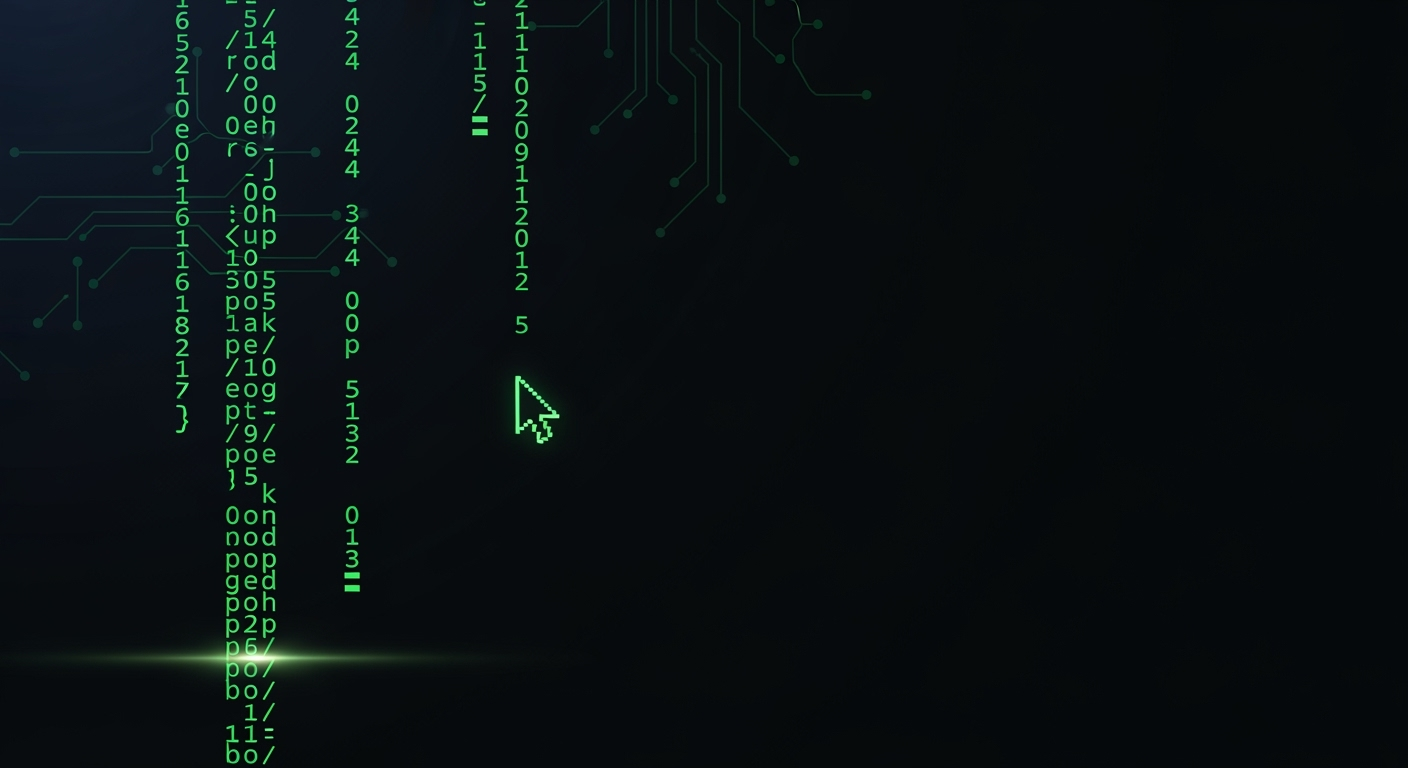Why AI Coding Tools Are Moving from Editors to the Terminal

AI Coding Tools Make a Shift: From Code Editors to the Terminal
For years, AI-powered code editors such as Cursor, Windsurf, and GitHub Copilot have been the go-to tools for developers looking to boost productivity with artificial intelligence. However, as agentic AI systems become more advanced and the "vibe-coding" trend grows, there's a notable change happening in the world of software development: AI is increasingly moving from editing code in graphical interfaces to interacting directly with the terminal or command-line interface (CLI).
The Terminal: An Old-School Interface with New AI Power
The terminal, often remembered as the black-and-white screen from classic hacker movies, might seem outdated compared to modern code editors. Yet, it's an extremely powerful interface for running programs, manipulating data, and managing software environments. While AI agents in code editors can write and debug code, terminal tools are essential for turning code into functional software, handling tasks like setup, deployment, and troubleshooting.
Major Labs Lead the Shift
Since early 2025, leading AI research labs have embraced this trend by launching their own command-line coding tools:
- Anthropic: Claude Code
- DeepMind: Gemini CLI
- OpenAI: CLI Codex
These tools, though often under the same branding as their editor-based predecessors, represent a significant change. They allow AI agents to interact directly with computer systems, both online and offline, in a more versatile and powerful manner.
Why the Terminal?
According to Alex Shaw, co-creator of TerminalBench—a leading benchmark for terminal-focused AI—"Our big bet is that there’s a future in which 95% of LLM-computer interaction is through a terminal-like interface." This isn't just a theoretical shift; it comes at a time when some code editor tools are facing challenges. For example, Windsurf has seen key executives move to Google and the rest of the company acquired by Cognition, leaving its future uncertain.
Rethinking Productivity Gains
Recent research also questions the actual productivity boost from traditional AI coding tools. A METR study found that while developers using Cursor Pro believed they were 20-30% faster, the reality was that their tasks took nearly 20% longer to complete. This gap between perception and reality has opened the door for new terminal-based tools to prove their worth.
Rise of Terminal-First Tools
Companies like Warp are leading the way in terminal-based development environments. Warp describes itself as an “agentic development environment,” bridging the gap between classic IDEs and advanced CLI tools. Founder Zach Lloyd points out that the terminal sits at the lowest, most flexible level in the developer stack, making it the ideal place for AI agents to operate.
How Are Terminal-Based Tools Different?
Traditional code-based tools focus on fixing code issues, often using datasets like SWE-Bench (which consists of GitHub issues). By contrast, terminal-based tools tackle a broader range of problems, from configuring servers to building software from source. For example, TerminalBench challenges might ask an agent to reverse-engineer a compression algorithm or build the Linux kernel from scratch—tasks that require more than just code editing skills.
Challenges and Opportunities
These new tools must navigate complex environments, solving multi-step problems that require both coding and system-level know-how. Even the best agents, like Warp, only solve about half of TerminalBench’s tasks, highlighting both the difficulty of the benchmark and the untapped potential of this approach.
Despite these challenges, there are clear benefits. As Lloyd explains, "If you think of the daily work of setting up a new project, figuring out the dependencies and getting it runnable, Warp can pretty much do that autonomously. And if it can’t do it, it will tell you why." For businesses, this means faster project setup, easier troubleshooting, and more reliable automation of routine tasks.
Conclusion
The move from code editors to the terminal marks a significant evolution in AI-powered software development. As terminal-based AI agents become more capable, they promise to handle a broader range of developer tasks, from writing code to configuring entire systems. For businesses looking to stay ahead, embracing these new tools could be the key to greater productivity and innovation in the years ahead.





